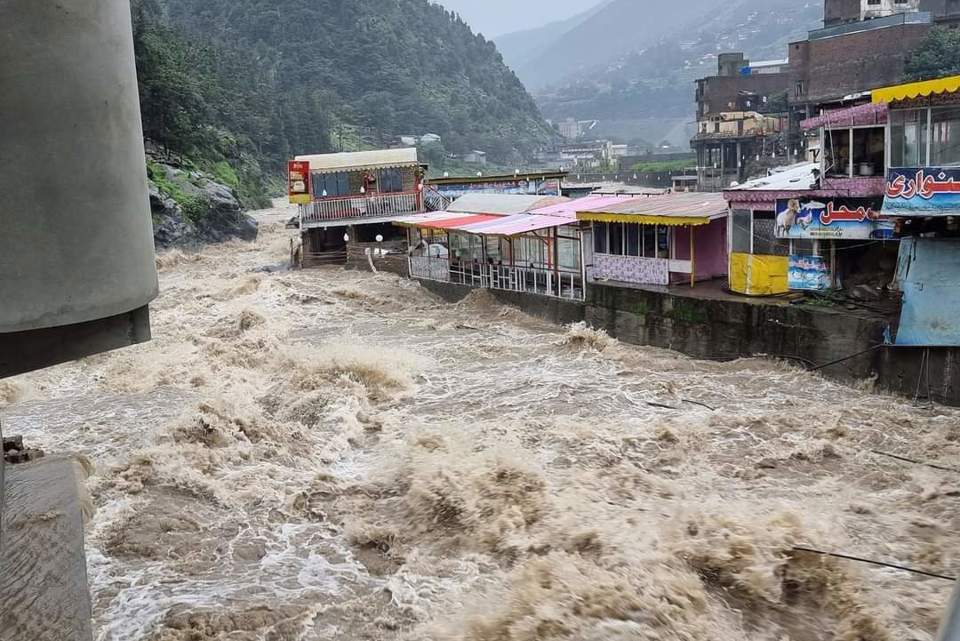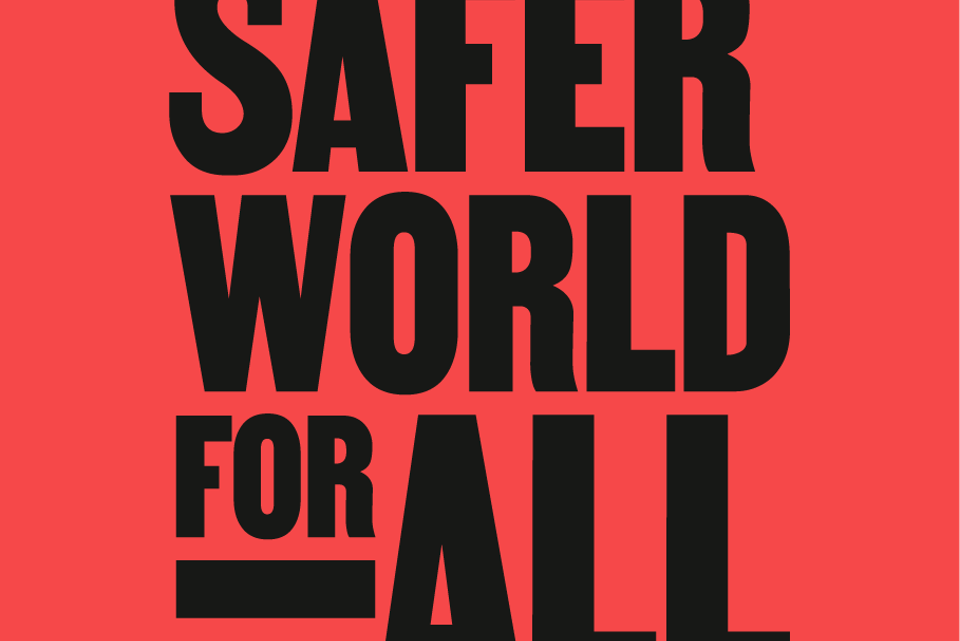You may have heard the term “polycrisis” being thrown around lately as people try to make sense of the many issues and problems the world currently faces. It’s ok if you’re not sure of the meaning of polycrisis, as it has only recently started to be used broadly. Here we will try to define it, look at some examples, and look at what can be done to address it.

Flood water hitting a market in the 2022 Pakistan floods. Photo: Caritas Pakistan
Define "polycrisis"
The word “polycrisis” was first coined in the 1970s, but has more recently been popularised by historian Adam Tooze, who uses it to describe the coming together of multiple crises, and the way in which these crises interact and worsen one another to the point that it could be more useful to address a single issue, the polycrisis, than the many individual issues that contribute to it.
Examples of the polycrisis
Let’s take a look at the war in Ukraine. There are several consequences of the war that extend beyond the borders of Russia and Ukraine and feed into broader crises. For example, food prices worldwide have been impacted as Ukraine is one of the biggest agricultural producers globally. The war impacts agricultural production, increasing food prices globally, which worsens the hunger crisis in Africa as buying food becomes more difficult for millions. The hunger crisis in Africa has been largely driven by climate change, which in turn doesn’t get policy priority as governmental attention is drawn away to issues like Ukraine, Gaza and the Covid pandemic. The health and economic impacts of the pandemic are still being felt, also contributing to a cost of living crisis that reinforces issues such as hunger as food prices soar.
We could go on, but the point is that Ukraine, the food crisis, the economic crisis, the pandemic and climate change don’t exist in isolation, but all interact with each other in various detrimental ways.

A Caritas worker making firewood deliveries as part of winterisation efforts in Ukraine in 2024. Photo Credit: Caritas Wien, Elisabeth Sellmeier.
How do we address the polycrisis?
Caritas Australia has recently helped launch the Safer World for All campaign, which brings together humanitarian agencies to advocate for three key things that can help address the polycrisis in our region:

What can I do?
The news isn’t all bad! There are many people around the world, just like you, who are deeply concerned and are taking action. Here are three things you can do today to take action:
- Add your voice to the call for a Safer World for All. The more voices we have, the more likely government will listen and adopt policies to help drive positive change.
- Make a donation to a polycrisis issue that means something to you, such as Ukraine or climate change. You don’t have to donate to Caritas Australia, but it’s always good to choose a charity that has accreditation through an organisation such as ACFID, and openly shares how donations are spent. Click here to see ours.
- Contact your local MP and share your concerns. It’s easy to be jaded with politics today but you may be surprised at just how interested many MPs are in hearing the concerns of their constituents, and the more people who do it, the better!

















